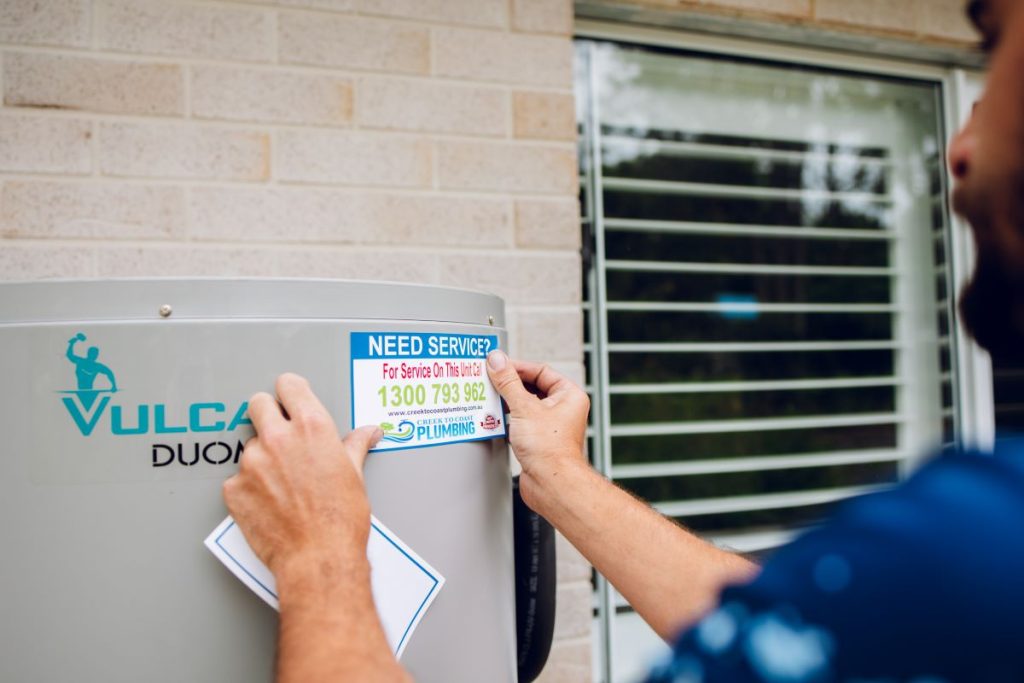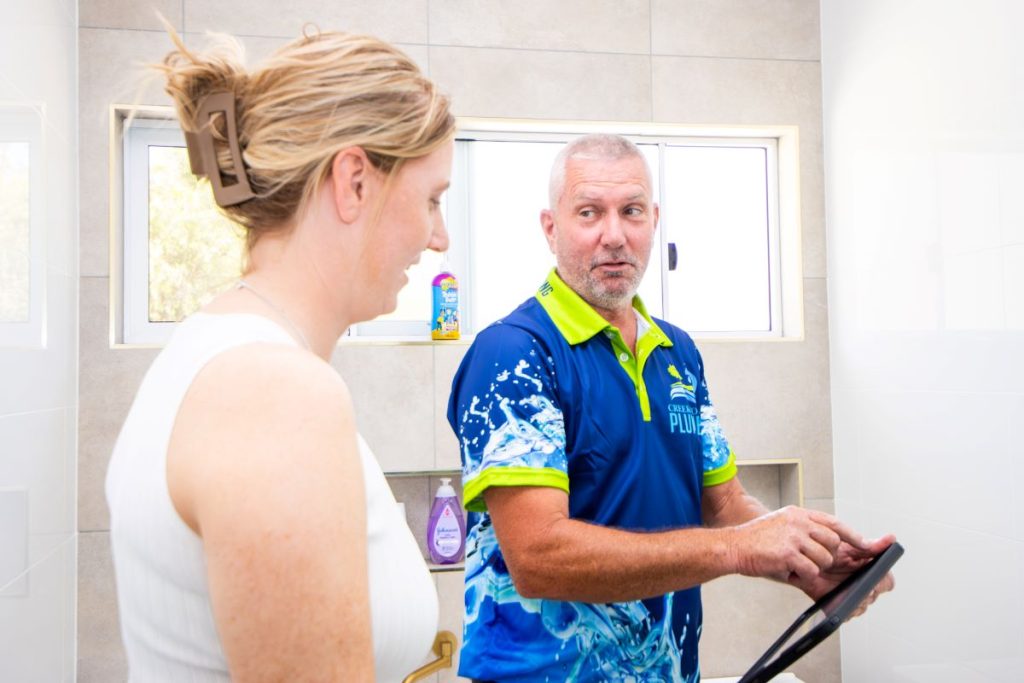Hot water systems are essential components of your home, functioning diligently to deliver hot water whenever you require it. Much like other household appliances, these systems have a finite operational lifespan, after which their efficiency may decline. Being able to identify the early warning signs that your hot water system is nearing the end of its life is crucial. This awareness can help you avoid unexpected inconveniences such as cold showers, the risk of water damage, and costly emergency repairs that can disrupt your daily activities and routines.
What is the Expected Lifespan of Your Hot Water System? The duration that a hot water system lasts can vary significantly based on its type, the quality of maintenance it receives, and the specific environmental conditions it operates under. Regular inspections and diligent care can greatly enhance the lifespan of your system, ensuring it consistently performs at optimal levels and meets your household’s needs.
Let’s explore this topic in more detail for a comprehensive understanding.

Understanding the Lifespan of Various Hot Water Systems in Your Home
Here’s a detailed overview of what you can typically expect in terms of lifespan and operational performance for the most common hot water systems used in Queensland homes:
Electric Storage Hot Water Systems
- Lifespan: 8–12 years
- Common Reasons for Failure: Typical issues include internal corrosion, deteriorating anode rods, and sediment accumulation, all of which can severely impair performance.
- Signs to Watch Out For: Keep an eye out for rusty or discolored water, leaks near the bottom of the unit, or extended heating times, which could indicate serious underlying problems.
Gas Storage Hot Water Systems
- Lifespan: 8–12 years
- Common Reasons for Failure: Similar issues to electric storage systems may occur; however, gas systems can experience failures sooner, particularly if exposed to salty coastal air.
- Signs to Watch For: Be vigilant for pilot light issues, lower water temperatures, or unusually high gas bills, which may indicate inefficiency or malfunction.
Instant Gas Hot Water Systems (Continuous Flow)
- Lifespan: 10–15 years
- Reasons for Longevity: The absence of a storage tank significantly lowers the risk of corrosion, which is a common failure point in traditional systems.
- Signs to Monitor: Watch for inconsistent water temperatures, ignition failures, or a noticeable drop in water flow rate, which may signal the need for servicing.
Electric Instant Hot Water Systems
- Lifespan: 10–15 years
- Common Issues: Failures often arise from malfunctioning heating elements or thermostats that can compromise the system’s efficiency.
- Warning Signs: If you notice fluctuations between hot and cold water or if the heating time is significantly longer than usual, these could indicate serious underlying concerns.
Heat Pump Hot Water Systems
- Lifespan: 10–15 years
- Energy Efficiency: These systems are known for their high energy efficiency, but they can be sensitive to climate and installation location, which can impact their effectiveness.
- Signs of Potential Issues: Indicators of trouble include louder than normal operations, prolonged heating cycles, or rising energy bills, all of which suggest a need for inspection.
Solar Hot Water Systems
- Lifespan: 15–20+ years for solar collectors, and 8–12 years for the storage tank
- Important Note: Typically, the storage tanks wear out before the solar collectors, which can impact the overall effectiveness of the system.
- Signs to Keep an Eye On: If you notice that water fails to heat on cloudy days or if you see rusty water or issues with the booster operations, these could be signs of system failure.

Identifying the Red Flags of a Failing Hot Water System
Even if your hot water system has not yet reached its expected lifespan, it may start to show distress signals. These concerning indicators include:
- Fluctuating Water Temperatures
If your water takes longer to heat up or runs out more quickly than it used to, this could be a sign that further investigation is needed. - Rusty or Discolored Water
This often indicates corrosion inside the tank or a failing anode rod, both of which necessitate immediate attention to prevent further damage. - Unusual Noises
Popping, gurgling, or banging sounds during the heating cycle often signal sediment buildup inside the tank, which can severely affect efficiency. - Leaks or Pooling Water
A small drip can indicate that your tank may be developing cracks or that the valves are beginning to fail, which requires prompt inspection. - Increased Energy Bills
An aging unit often struggles to maintain the same level of hot water output, which forces it to work harder and results in higher energy costs.
The Effects of Seasonal Changes on Hot Water System Efficiency
In Queensland, the transition from warm to cooler months can present significant challenges for older hot water systems. As outdoor temperatures drop, these systems must work harder to maintain the desired water temperature, and units nearing the end of their lifespan may experience complete breakdowns during this critical period.
Recognizing When It’s Time to Replace Your Hot Water System
If your system exhibits any of the following characteristics, it may be time to consider a replacement:
- Exceeding 10 years of age
- Frequently experiencing operational breakdowns
- Failing to meet your household’s hot water requirements
- Showing visible signs of wear or corrosion
Recognizing these indicators could signal that it’s the right time for an upgrade.
At Creek to Coast Plumbing, we don’t just replace your unit; we take into account various factors such as your family size, water usage habits, energy preferences, and your property’s layout to recommend the most efficient and cost-effective hot water system tailored specifically to your needs.

Choosing the Ideal Hot Water System for Your Household Needs
Depending on your specific requirements and household dynamics, our expert team may suggest:
- Electric or Gas Storage systems for their reliability and cost-effectiveness, particularly suitable for traditional homes.
- Continuous Flow (Instant) systems, which are perfect for smaller homes or households with lower hot water usage.
- Heat Pumps that deliver significant energy savings, making them particularly advantageous in warmer climates.
- Solar Hot Water systems designed for long-term cost savings and environmental sustainability, thereby promoting a greener lifestyle.
Additionally, we evaluate whether the current placement of your hot water system is optimal or if relocating it could enhance its performance and overall efficiency.
Seize the Opportunity for a Hot Water System Upgrade
Replacing your hot water system at the opportune time is not merely about avoiding system failures; it also offers a chance to upgrade to a more reliable, energy-efficient model that aligns better with your lifestyle and specific needs.
If your unit exhibits signs of aging or if you’re uncertain about which system would be best for your home, the licensed plumbers at Creek to Coast Plumbing are ready to provide you with expert guidance tailored to your unique situation.
The Article: Hot Water System Lifespan: A Guide for Queensland Homes first appeared on https://writebuff.com
The Article Hot Water System Lifespan Guide for Queensland Homes Was Found On https://limitsofstrategy.com




No responses yet